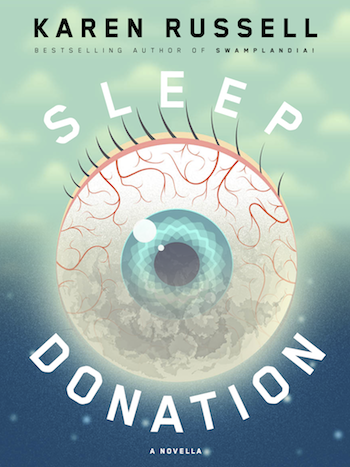Graciela Mochkofsky is a writer for The New Yorker and dean of CUNY's Newmark Graduate School of Journalism. She has written six nonfiction books in Spanish. Her new book, her first in English, is The Prophet of the Andes.
“It connects with me as a journalist, actually — it’s this idea of just seeking truth and how elusive that is. So this is a person who thinks he can get to the true meaning of God and of how he needs to live. And he thinks that by asking the right questions, and by reading, and reading, and reading, and by discussing collectively, he can get to the truth. And he can’t.”









